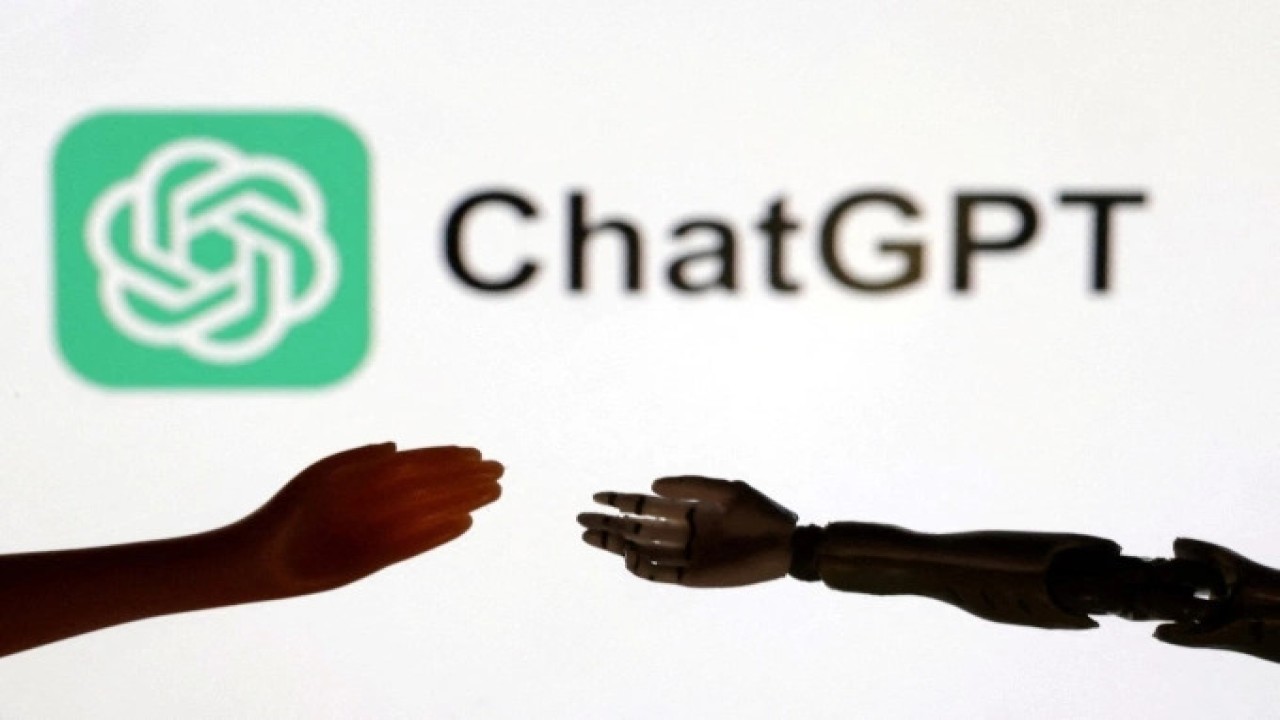ChatGPT May Make Frequent Users Feel Lonely
Researchers have found that AI, much like social media, is becoming one of the technologies that push users toward emotional extremes.
ChatGPT took the world by storm when it launched in late 2022, attracting 400 million weekly users and boosting productivity. However, it may also contribute to feelings of loneliness. This conclusion was published by OpenAI and MIT Media Lab after analyzing millions of text and voice interactions with ChatGPT.
ChatGPT’s Impact on Loneliness
MIT Media Lab conducted a study analyzing how nearly 4,000 people conversed with ChatGPT over four weeks via text and voice. Researchers acknowledged that loneliness and social isolation can be influenced by various factors, but they found that ChatGPT may increase feelings of loneliness among a group of "intensive" users.
Most users engaged with the chatbot for relatively short periods, but a small group interacted for significantly longer durations. The study found that "higher daily usage was associated with feelings of loneliness, dependency, and reduced social interaction."
Researchers also discovered a paradox: ChatGPT’s voice mode helped reduce loneliness for some users. However, those who already felt lonely at the start of the study tended to overuse the tool, ultimately worsening their condition.
Implications of the Study
The study focused on interactions with ChatGPT powered by GPT-4o, a multimodal model capable of reasoning through audio, images, and text, which OpenAI introduced in May 2024. Last month, the company released GPT-4.5, a model with improved emotional intelligence and visual understanding. It remains unclear whether researchers will extend the study to GPT-4.5.
According to Business Insider, this research is significant because people often struggle to recognize the emotional impact of new technologies like AI. In the past, it took researchers years to fully understand the effects of social media on mental health.








Comments (0)